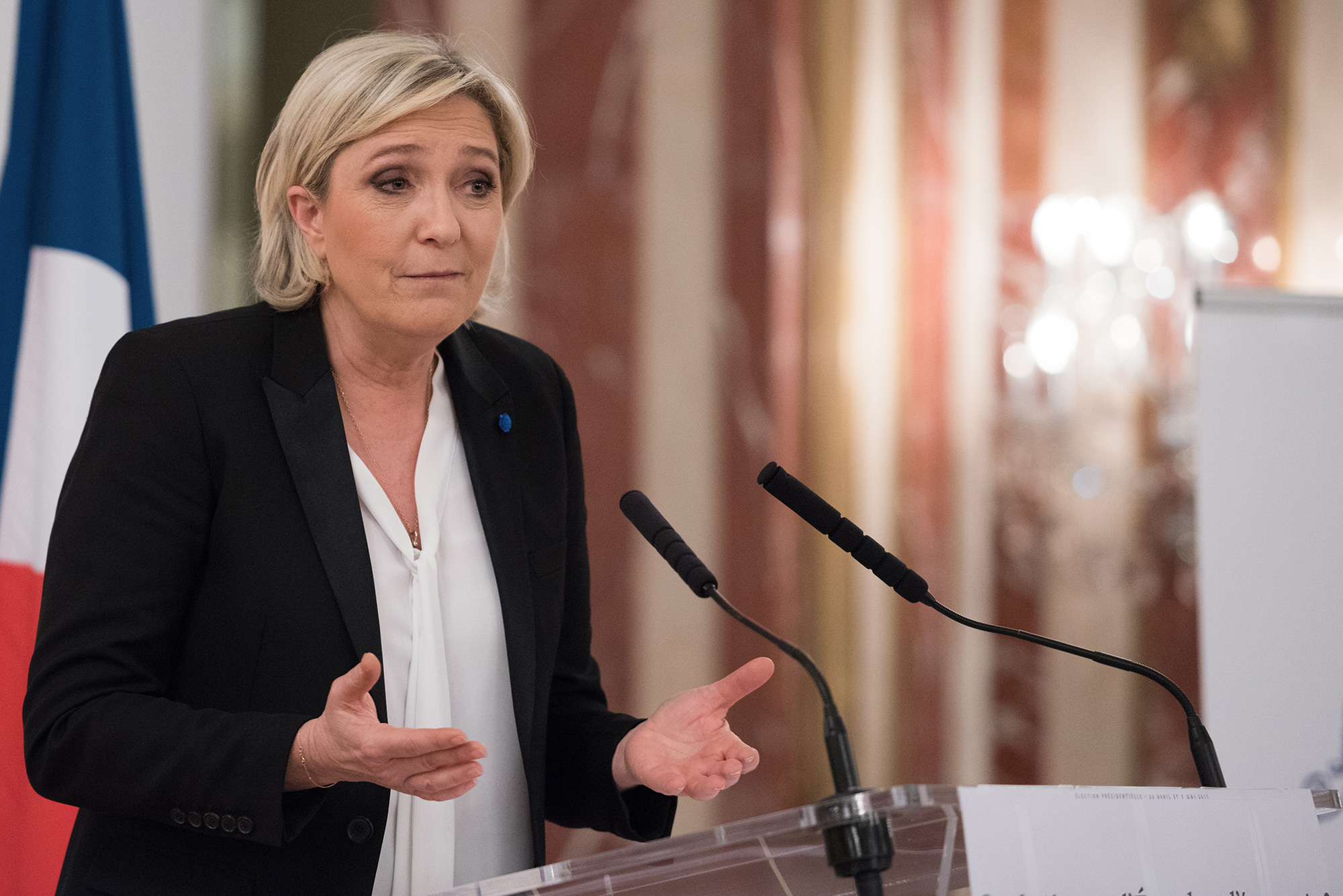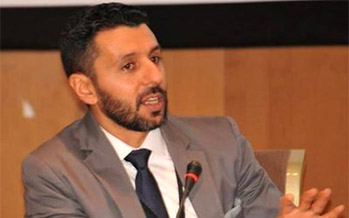[vc_row][vc_column width=”1/2″][vc_column_text]
France
The light green area is the rest of the European Union
France is the world's 6th largest economy (20180 in nominal figures and the third largest in Europe after Germany and the United Kingdom. It has a GDP per capita of $41,463 USD which is above the average for the OECD and EU. It has a high level of education and health and is ranked 22nd in the Human Capital Index. The OECD is headquartered in Paris. France has a diversified economy. Services are the biggest contributor to GDP (70 percent in 2018), followed by manufacturing (9.7 percent). Services are also the biggest export led by ICT (18.3 per cent in 2017). France's tourism industry is a major component of the economy, as France is the most visited destination in the world; tourism and travel account for 7.5 percent of exports. Transport services account for 5.5 percent and Insurance and Finance 2.4 percent. Other major exports are aircrafts and parts (7.6 percent) – Airbus is headquartered in France, pharmaceutical products (3.9 percent), cars and parts (2.7 and 1.9 percent), and gas turbines (1.6 percent). France’s major export partners are Germany (14.2 percent), the USA (7.4 percent), Italy (7.28 percent), Spain (7.25 percent), and Belgium (6.8 percent). France’s largest goods imports are industrial machinery (11.8 percent), vehicles and parts (10.2 percent), electrical machinery and equipment (9.4 percent), and crude and refined oil (8.4 percent). Post World War 2, France modernised its economy through state coordination. This programme of dirigisme involved state control of key industries, such as transportation, energy and telecommunications, as well as incentives for private corporations to merge and pursue specified projects. After the 1970s oil shocks, inflation increased, growth decreased, and the Franc came under pressure. In 1983, the Mitterrand government responded with increased fiscal discipline and a new focus for economic policy: corporatisation and liberalisation. The government maintains a strong presence in some sectors, particularly power, public transport, and defence industries. The economy is also characterised by high levels of taxation, welfare, labour protection, and government spending. Post the global financial crisis, public debt rose from the mid-sixties to 99.3 percent of GDP in 2018. Since entering office in May 2017, President Emmanuel Macron has attempted to launch a series of economic reforms to improve competitiveness and boost economic growth.
[/vc_column_text][vc_column_text] Its population in 2018 was 67,539,098 [1]
Its population in 2018 was 67,539,098 [1]
 In 2015, 13.50% of its total energy
In 2015, 13.50% of its total energy
consumption was renewable [2]
 In 2021, its GDP grew by 6.96% [2]
In 2021, its GDP grew by 6.96% [2]
 In 2021 it had a negative Current
In 2021 it had a negative Current
Account Balance of US$bn 27.42 [3]
 Its unemployment rate in 2021 was 7.85% [3]
Its unemployment rate in 2021 was 7.85% [3]
 Its Expenditure on R&D (as a percentage of
Its Expenditure on R&D (as a percentage of
GDP) in 2020 was 2.35% [2]
What free trade areas or economic unions is it a member of?
Member of the European Union (EU) since 25/03/1957
Other members:
Austria, Belgium, Bulgaria, Croatia, Cyprus, Czechia, Denmark, Estonia, Finland, Germany, Greece, Hungary, Ireland, Italy, Latvia, Lithuania, Luxembourg, Malta, Netherlands, Poland, Portugal, Romania, Slovakia, Slovenia, Spain, Sweden
What trade deals are there between European Union and other countries and economic unions?
EU - Andorra Customs Union (from 01/01/1991)
European Single Market (SM) (from 01/01/1993)
EU - Sri-Lanka Co-operation and Partnership Agreement (from 01/04/1995)
EU - Türkiye Customs Union (from 31/12/1995)
EU - Faroe Islands Agreement (from 01/01/1997)
EU - Palestinian Authority Interim Association Agreement (from 01/07/1997)
EU - Tunisia Association Agreement (from 01/03/1998)
EU - Armenia Partnership and Cooperation Agreement (from 09/09/1999)
EU - Morocco Association Agreement (from 01/03/2000)
EU - Israel Association Agreement (from 01/06/2000)
EU - Mexico Global Agreement (from 01/10/2000)
EU - San Marino Customs Union (from 01/04/2002)
EU - Jordan Association Agreement (from 01/05/2002)
EU - North Macedonia Stabilisation and Association Agreement (from 01/04/2004)
EU - Pakistan Co-operation agreement (from 29/04/2004)
EU - Egypt Association Agreement (from 01/06/2004)
EU - Chile Association Agreement and Additional Protocol (from 01/03/2005)
EU - Algeria Association Agreement (from 01/09/2005)
EU - Lebanon Association Agreement (from 01/04/2006)
EU - Albania Stabilisation and Association Agreement (from 01/04/2009)
EU - Pacific States Interim EPA (from 20/12/2009)
EU - Montenegro Stabilisation and Association Agreement (from 01/05/2010)
EU - Central America Association Agreement (from 01/08/2013)
EU - Serbia Stabilisation and Association Agreement (from 01/09/2013)
EU - Bosnia and Herzegovina Stabilisation and Association Agreement (from 01/06/2015)
EU - South Korea Free Trade Agreement (from 01/07/2015)
EU - Kosovo Stabilisation and Association Agreement (from 01/04/2016)
EU - Georgia Association Agreement (from 01/07/2016)
EU - Moldova Association Agreement (from 01/07/2016)
EU - Canada Comprehensive Economic and Trade Agreement (CETA) (from 21/09/2017)
EU - Eswatini (SADC) Economic Partnership Agreement (from 05/02/2018)
EU - Lesotho (SADC) Economic Partnership Agreement (from 05/02/2018)
EU - Mozambique (SADC) Economic Partnership Agreement (from 05/02/2018)
EU - Namibia (SADC) Economic Partnership Agreement (from 05/02/2018)
EU - South Africa Economic Partnership Agreement (from 05/02/2018)
EU - Botswana (SADC) Economic Partnership Agreement (from 05/02/2018)
EU - Japan Economic Partnership Agreement (from 01/02/2019)
EU - Eastern and Southern Africa States free trade agreement (from 07/02/2019)
UK - EU Trade Deal (from 01/01/2021)
[/vc_column_text][vc_column_text]What trade deals are there with other countries and economic unions?
None
[/vc_column_text][/vc_column][vc_column width=”1/2″][vc_column_text]We Do Love to be Beside the Seaside, and Fashion is So Much Better For That
The Ugly History of the Beautiful Game
Illusory Visions of Strategic Autonomy: Emmanuel Macron Wins France, Loses Europe
A Perfect Storm Perfected: EU Battles String of Calamities
Women’s Brain Project – Shattering the Status Quo: Investing in Women in STEM
The Fed vs the Communist Party
Clarisse Merlet: Building a Better Future, One FabBRICK at a Time
Inclusive Markets Are Not Born: How UNCDF is Supporting Inclusive Digital Economies
Free Trade in Retreat in Europe due to Environmental and Labour Standards
Professor Robert Anthony, Anthony & Cie: A Specialist in Many Fields with a Passion for All Things Financial and Family Office
Trade with the United Kingdom
Source: UK Office for National Statistics, October 2022.
Contains public sector information licensed under the Open Government Licence v3.0.


























































































